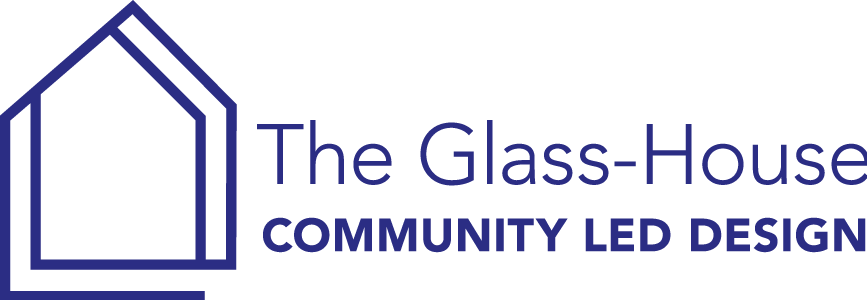Written by:
As we at The Glass-House roll up our sleeves and start a new year of work in 2021, we have gone back to the values that guide our organisation and inform our work, and have identified a few resolutions for the year ahead. These build on our existing practice, and to those who know us well will not seem anything new. However, our resolutions are about bringing particular focus and consideration to some of the things that are important to us in this very particular year, which has had a tumultuous start around the globe.
Our resolutions start with acknowledging that we are all facing unprecedented logistical challenges, and that many are dealing with issues to do with health, wellbeing and with bereavement. We must be kind, generous and patient with each other. We all need that.
Many us could also do better at pacing ourselves. Most people I know spoke of working longer hours than ever before in 2020, of back-to back meetings on Zoom, Teams, Google Meet or Skype. We were responsive, innovative and productive, despite it all. We learned a lot. However, by the end of December, everyone was just shattered. We need to recalibrate.
The following Glass-House resolutions for 2021 build on our collective experiences in 2020, and on Glass-House values, and will help guide our work in the coming year. We hope they might serve as a nod and reminder to our friends and networks as well.
- Make time for conversations
One of the most valuable aspects of working in person with others, that can get lost with remote working, is the pleasure of an informal a chat about something of interest with colleagues and those engaging with your work. These are valuable spaces for connection, and also hugely important to collaborative working.

This month we are launching Glass-House Chats, in an attempt to create a less formal and more intimate space for conversation. While they will begin with a theme, we are determined to let the conversations go where the people in our (virtual) room take us.
- Convert conversations into collaborative actions
Conversations spark ideas for creative and innovative projects and collaborations, which too often get lost or put aside because things get in the way. This year, we want to place an extra focus on the mechanisms that can help creative ideas explored in conversation evolve into concrete collaborative actions.
Our Incubating Civic Leadership research project, in collaboration with The Open University and Knowle West Media Centre, will explore approaches and mechanisms to help people, organisations and sectors work together, from inception to delivery, to drive innovation, improve places and build social capital.
- Explore new ways to work with partners
Last year showed us all that we can be responsive and inventive, and partnership working helped us achieve this. This year, we want to further push the boundaries of how we work with partners, and this will involve both giving more and letting go.

Our Co-designing Sustainable Places event series is taking our WEdesign event programme approach to new heights of collaboration, in the design, delivery and capture of the events.
- Experiment with intent
This current juxtaposition of Covid, Brexit and powerful socio-cultural movements, will create abundant opportunities for experimentation in 2021. Now more that ever, it will be important to ensure that innovations are not only purposeful in meeting immediate objectives, but that we build in strategic learning opportunities so that they can better contribute to change and to long-term impact for people and places.
In 2021, we will be working with schools and cultural institutions to develop new models for creative and experiential learning. These will explore how they can use engagement with the design of places and spaces, to explore and celebrate cultural heritage and to build community.

- Take time to reflect, learn and share
We learn so much from every project, community and person with which we are involved. The challenge is always to find enough time to pause and reflect on what we have learned, and to capture and share that learning. This year, we are placing a particular emphasis on open-sourcing our organisational expertise and the resources we have developed.
In 2021, we will be working with The Open University to create a free online course to help empower others as design enablers. This will build on and share learning, approaches and practical resources we have developed through our Empowering Design Practices research project, and through many years of shared collaborative action research.



